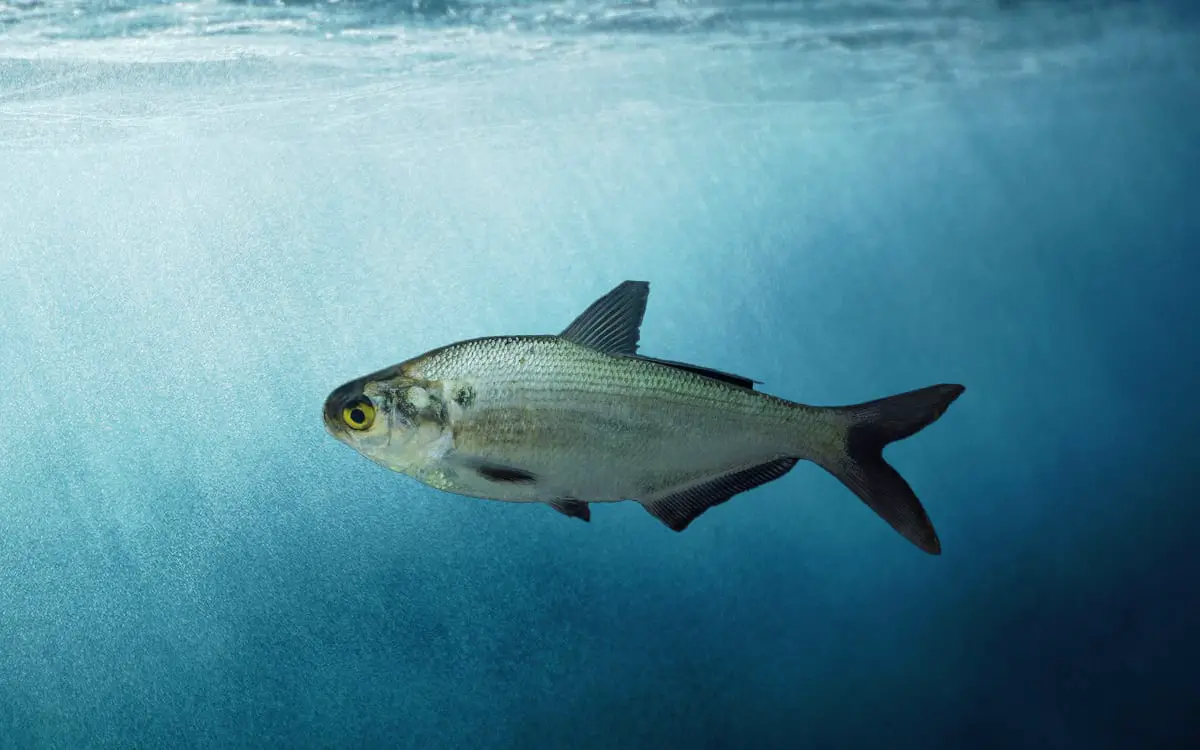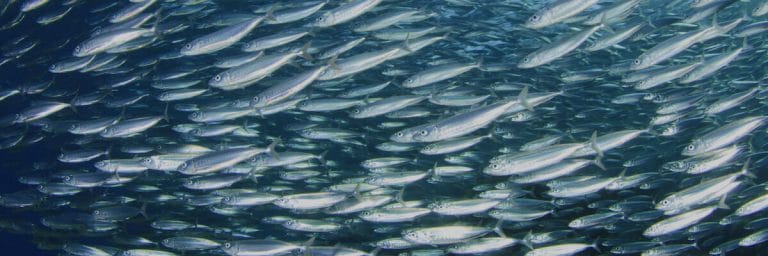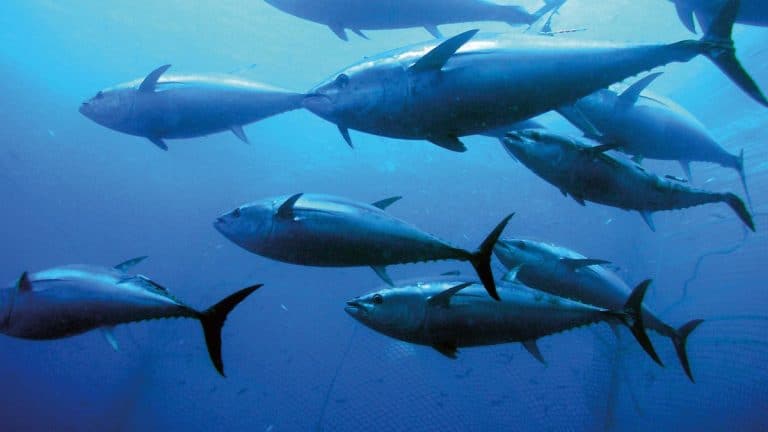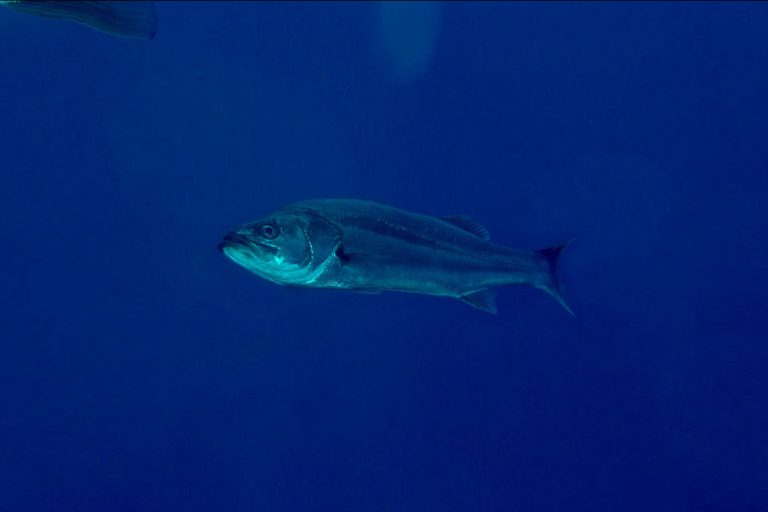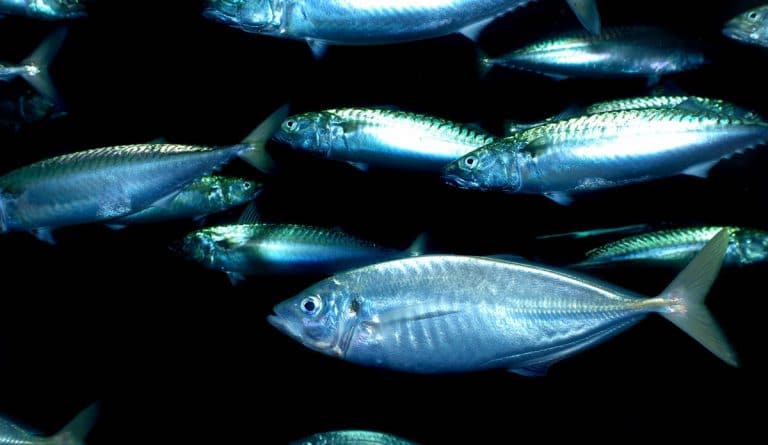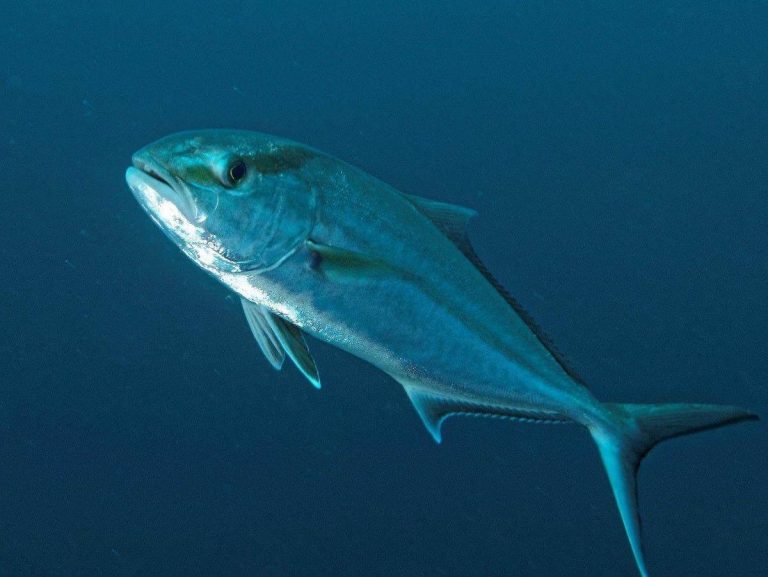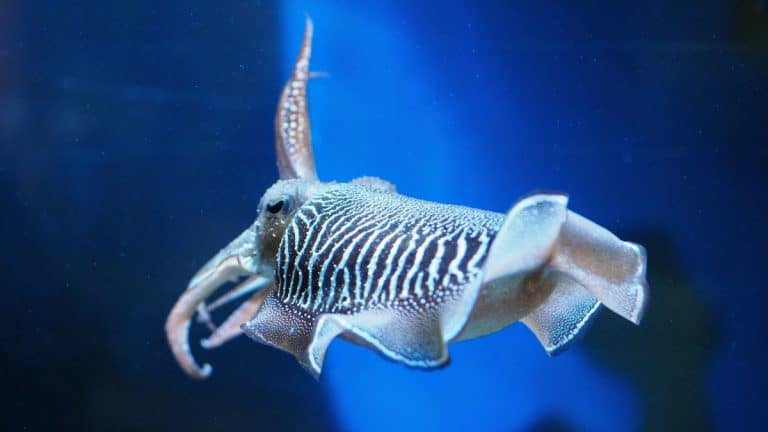Source: Wild
Mercury Risk: Unknown
The gizzard shad (or dotted gizzard shad) is a small fish related to the herring. Konosirus punctatus schools in great numbers along the shores of Central Japan, in the waters off eastern China, and around the Korean Peninsula. Kohada sushi is a mainstay of edomae (Tokyo-style) sushi, this fish is extremely popular in the Kanto region of Japan. It falls under the hikari mono (roughly translated as “shiny fish”) category, which also includes aji, iwashi, sanma, and other sushi fish served with their silvery skins intact.
While usually labeled kohada on sushi menus, this fish actually has a number of names, each corresponding to the age of the animal. Young gizzard shad are known as shinko. As the fish matures, its name becomes kohada, then nakazumi, and finally konoshiro, a fully grown gizzard shad.
Interestingly, the price of gizzard shad has an inverse relationship to its age. Shinko commands a much higher price than older shad—often over one hundred dollars per pound. This decrease in value is due to the fact that as the fish ages it becomes increasingly bony.
Such a pattern in demand calls for caution. As with many species of fish, female gizzard shad become capable of producing more eggs as they grow older. Every spawning season that these fish spend in the water helps bolster their population strength. Heavy fishing pressure on the young fish reduces the resilience of the fishery as a whole. Moreover, not much is known about the current health of this fishery.
Gizzard shad fish are usually caught in trap nets, which are anchored on the sea bottom, and beach seines, which are large bag nets operated from shore, but little information is available about any associated issues of bycatch, unintended species and juveniles that are caught and discarded. Gizzard shad populations are probably somewhat protected by rapid maturation and a high rate of reproduction, but not enough scientific information is available to make any solid recommendations.
Kohada sushi offers us a good opportunity to apply the precautionary principle: Be careful with your consumption of this fish until more is known.
Casson Trenor
Casson Trenor is a frequent commentator on sustainable seafood issues. He has been featured in regional, national, and international media outlets, including CNN, NPR, Forbes, New York Times, Boston Globe, Christian Science Monitor, San Francisco Chronicle, Los Angeles Times, Seattle Times.

